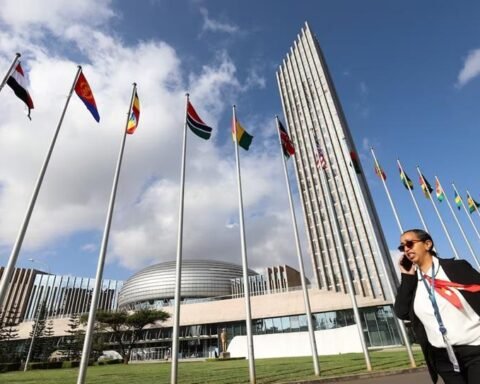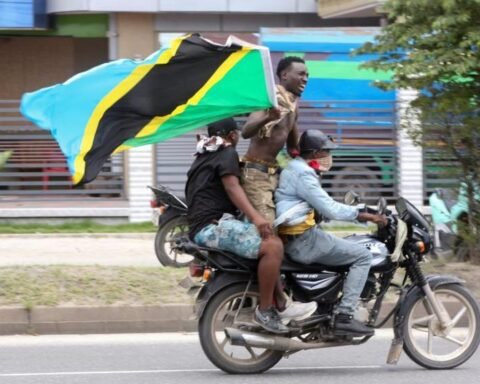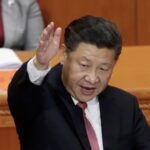Nigerian authorities have strongly denied reports that more than a dozen military officers were detained for allegedly plotting a coup to overthrow the government.
The Armed Forces of Nigeria (AFN) issued a statement on Saturday, describing the claims as false and misleading.
The denials come after local media outlets suggested that 12 or more officers were arrested over plans to destabilize the country. While some reports cited anonymous defense sources, the military emphasized that no such arrests related to a coup had taken place. The confusion appears to stem from recent detentions of officers for “issues of indiscipline” and breaches of service regulations, which are routine measures in maintaining order within the armed forces.
Nigeria has a long and complex history with military coups. Since gaining independence from Britain in 1960, the West African nation experienced multiple coups and prolonged periods of military rule. The last several decades have seen a steady consolidation of democratic governance, with civilian governments leading the country for over 25 years. Observers warn that any attempt to destabilize the government could jeopardize this hard-won stability.
Also Read; Global Central Banks Turn to Gold as Confidence in Dollar Wavers
The country’s military is currently focused on ongoing security challenges, including combating insurgent groups such as Boko Haram and the Islamic State West Africa Province in the northeast. Armed gangs, often referred to as “bandits,” continue to operate in the northwest, while separatist movements occasionally stir unrest in the southeast. These complex security issues have kept Nigeria’s armed forces busy, leaving little room for internal political machinations.
Despite official denials, the rumors of a coup have sparked anxiety among citizens and political analysts alike, highlighting the fragile balance between military influence and democratic governance in Africa’s most populous nation. Many are watching closely, recognizing that even unverified reports can have a destabilizing effect in a country with a history of military intervention.







